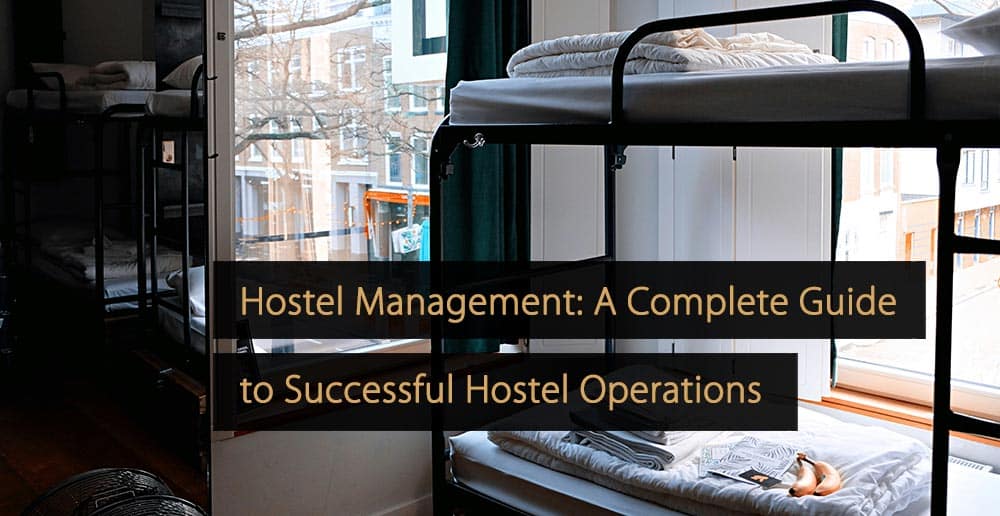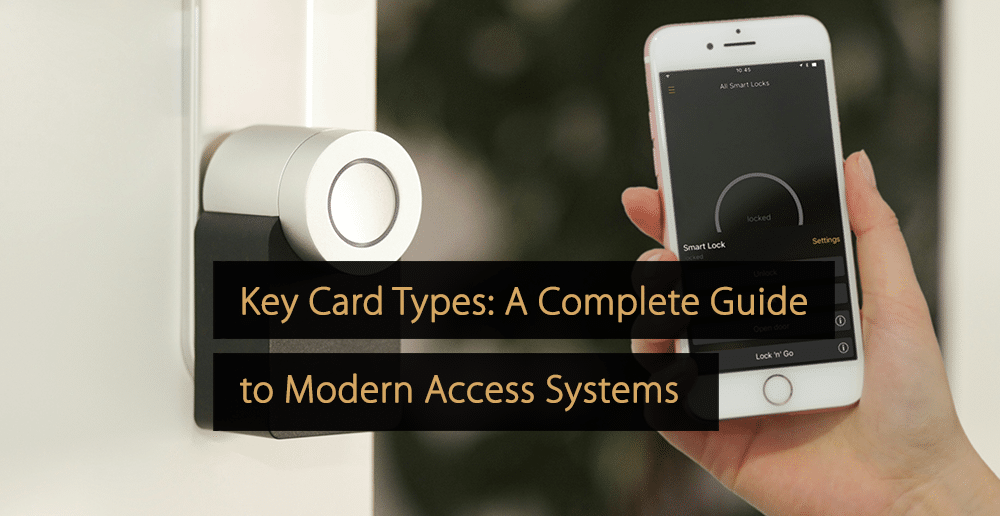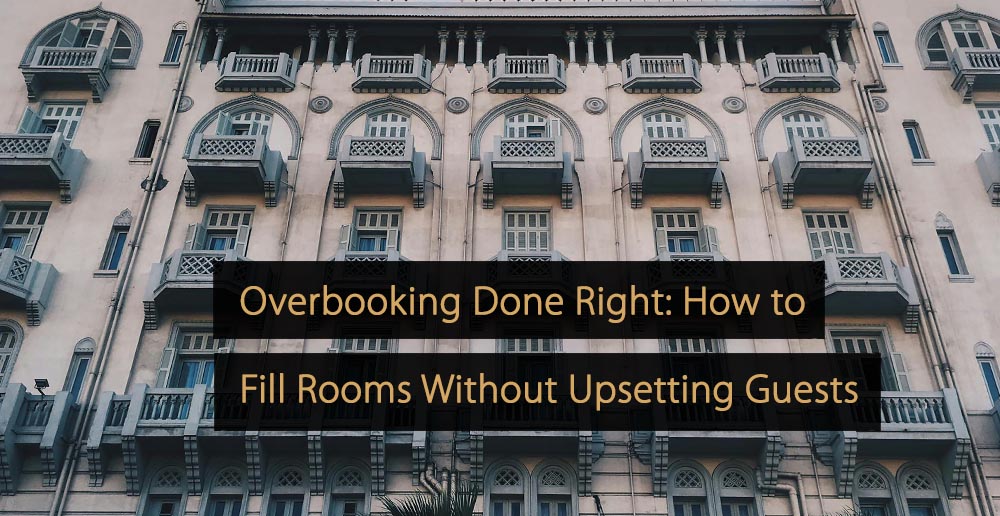Hotels with late check out are a common area of discussion among both guests and hoteliers alike. The term refers to options that allow guests to use their room past the hotel’s standard check-out time. It’s an important subject as it can change how every impacted party relates to a guest’s stay at the hotel. How people feel at their time of checkout will often color the entire hotel experience. In this article, you’ll learn about how hotel late check-out times function. Likewise, how to effectively leverage that asset.
Table of Contents:
- What Is the Hotel Industry?
- What Is the Hotel Check-In and Check-Out?
- What Is a Hotel with Late Check Out?
- 5 Reasons to Have Hotels with Late Check Out
- What Is the Hotel Check-Out Process?
- Examining the Hotel Check-Out Process
- The Flip Side of Early Check-In
What Is the Hotel Industry?
The hotel industry can be most succinctly defined as the slice of the service industry that focuses on lodging and accommodations. This usually involves staying one or more nights at hotels, motels, and similar businesses. At the same time, there are significant differences between the hotel (industry) and the hospitality industry as a whole. The hospitality industry provides other services like food, events, general entertainment, and even catering.
The hotel industry is part of the hospitality industry, but not every part of the hospitality industry is found in hotels. Hotels will typically borrow specific elements from the larger hospitality industry. For example, many hotels have bars. And some might take this concept even further to provide a full bed and breakfast. It’s also important to keep in mind that hotels come in many forms. There are even botels – boats adapted to serve as hotels.
For more information about the hotel industry, read “Hotel Industry: Everything You Need to Know About Hotels!”
Video: Hotel Front Office
What Is the Hotel Check-In and Check-Out?
The check-in and check-out refers to moments when a guest takes or returns the keys to their room. It’s an especially important element of the stay as these moments carry special significance in people’s memory. They’re distinct from the initial reservation. While the reservation procures the right to stay at the hotel, it’s only fully begun with the official check-in. This is the moment when a room is fully in use, and those resources can be counted and allocated.
The check-out is the point, typically in the morning, when guests are expected to return the keys and end their stay. Times for check-in and check-out are typically set to allow housekeeping ample time for their work. Hotels with late check-out take that into account to allow for sliding check-out periods. Check-in and check-out are guest’s first and last memories of their stay.
What Is a Hotel with Late Check Out?
Hotels typically have strict schedules for check-in and check-out in order to schedule services such as housekeeping properly. Hotels with late check out give guests the option to check out later than the normal times. It’s fairly common for people to walk out of a hotel, luggage in hand, long before their flights depart. Hotels with late check out provide options to avoid that annoyance. Hotel operations do need to schedule services like housekeeping around a late check-out. As such, there’s usually an additional fee. However, it’s an appreciated option for guests.
5 Reasons to Have Hotels with Late Check Out
Hotels with late check out obtain significant benefits from the practice. However, the following are the most important.
Lasting Impressions Create Enhanced Guest Satisfaction
Guest satisfaction describes how someone feels about the hotel after their stay. Hotels with late check out enhance guest satisfaction by accommodating their individual requirements. Will someone come back to a hotel after their first visit or not? The answer comes down to guest satisfaction, and this explains its importance. Hotel management can dramatically influence guest satisfaction by providing opportunities for later check-out. It’s not just about changing the check-out time. It’s the ability to match check-out to transit, extra time for families to pack, and, generally, the difference between rushing and enjoying trips.
Options Provide Increased Revenue
Increased revenue is important for any new feature, and such is the case for hotels with late check out. It can significantly increase your revenue. Hotel financing will always benefit from options with high returns and lower overall investment. People who want later check-out will typically pay for the option. Hotels can also bundle late check-out options as part of a premium package. By doing so, a hotel can draw attention to its higher-tier packages to increase revenue. Likewise, it lends an extra air of luxury to the idea of a late check-out for curious guests.
Additional Services Create a Competitive Advantage
Competitive advantages are the lifeblood of the hotel industry, and hotels with late check out certainly have them. Offering late check-out catches potential guest’s interest. It’s an important element because hotel trends and growth are typically driven by competition. Competitive advantages can lead to both increased personal and industry-wide growth. Flexible check-out times prove that hotels meet customer’s needs. It’s not just an option unto itself. It’s a way of telling potential guests that you’re eager to work around their individual needs. This is an ideal way to differentiate a hotel from the competition.
It Provides Inherent Upsell Opportunities
Upsell opportunities refer to various additions that can be made to a sale. In this case, hotel late check out provides an additional monetary payment. A hotel budget can greatly benefit by turning one sale into multiple through upselling. This means that flexible check-out increases appeal and profit for hotels. Hotels can also use later check-out times as part of premium package deals for extra value. This increases the perceived value of both the later check-out and the package. An extended stay also translates to further opportunities for upselling as guests are still on the premises.
Positive Impressions Build Loyalty and Retention
Loyalty and retention describe the probability that a guest will continue to stay with a hotel. Hotels with late check out dramatically increase their retention. The hotel business, like most others, needs to both attract new customers and retain them. Practices that create a more enjoyable experience contribute to this. It holds true whether the late check-out is offered as a paid option, package deal, or perk. Likewise, a happy guest has a greater chance of subscribing to and using loyalty programs, which can increase a hotel’s overall long-term profit and promote further upselling.
What Is the Hotel Check-Out Process?
Understanding hotel late check out means understanding the full process and the impact on different hotel departments. Here are the main steps involved with check-out.
- Verifying departure time for guests: Verify the check-out time and departure date.
- Access the guest’s billing information: Use the hotel’s computer system or hotel technology to go over all of the guest’s charges.
- Query the mini-bar and similar elements: Make sure to ask about use of the mini-bar or other costs which might not appear in the system.
- Give guests their full bill: Give the guest a bill with the final charge and explain any points of confusion.
- Approve and use the guest’s payment: Use the guest’s preferred payment method to settle their bill.
- Change the status of their room: After check-out, update the room’s status to indicate vacancy.
- Retrieve and process the room key: Accept the guest’s room key for their accommodation.
- Ask if guests need help: Ensure that the guest doesn’t need any further assistance.
- Send a follow-up message: Send a follow-up message to build loyalty and ensure return visits.
Examining the Hotel Check-Out Process
Hotel late check out options are an undeniable boon. However, it’s vitally important to always keep the larger hotel meaning in mind when adding new options. In this case, that means carefully considering the nature of the check-out process. Adding a later check-out can be an important addition. However, it’s just one part of a larger whole. You also need to consider issues like the accessibility or flexibility of your hotel’s front desk area. You can discover more about the check-out process in the article “Check Out Hotel Processes: Tips to Optimize Guest Check Outs.”
The Flip Side of Early Check-In
The flip side to hotels with late check out are those with early check-in. Early check-in offers both similar benefits and similar challenges when compared to late check-out. In particular, managers need to schedule around hotel maintenance and housekeeping to accommodate differing schedules. Thankfully, new technologies make it easier to create flexible schedules and communicate with staff. While having both early check-in and late check-out can be challenging, the combination offers unprecedented flexibility for guests. You’ll find more details on early check-in in the article “Early Check-in Hotels: Optimize the Guest Experience & Hotel Revenue.”
Hotels with late check out provide innumerable benefits for a hotel owner. However, it’s equally important to consider every point brought up when implementing it. When you do so you’ll have an invaluable tool for growth.
Did You Like This Article About Hotels with Late Check Out?
You might also be interested in the following articles:
- Hotel Door Locks: The Main Lock System Types and Their Benefits
- Smart Hotel Technology; Technologies to Smart Up Your Hotel
- Hotel Budget Plan: Practical Budgeting Tips for Hoteliers
- Room Attendant Guide; Meaning, Job Description, Duties & Technology
- POS Systems: Overview and Importance in the Hospitality Industry
More Tips to Grow Your Business
Revfine.com is the leading knowledge platform for the hospitality and travel industry. Professionals use our insights, strategies, and actionable tips to get inspired, optimize revenue, innovate processes, and improve customer experience.Explore expert advice on management, marketing, revenue management, operations, software, and technology in our dedicated Hotel, Hospitality, and Travel & Tourism categories.
This article is written by:
Hi, I am Martijn Barten, founder of Revfine.com. With 20 years of experience in the hospitality industry, I specialize in optimizing revenue by combining revenue management with marketing strategies. I have successfully developed, implemented, and managed revenue management and marketing strategies for individual properties and multi-property portfolios.











Leave A Comment